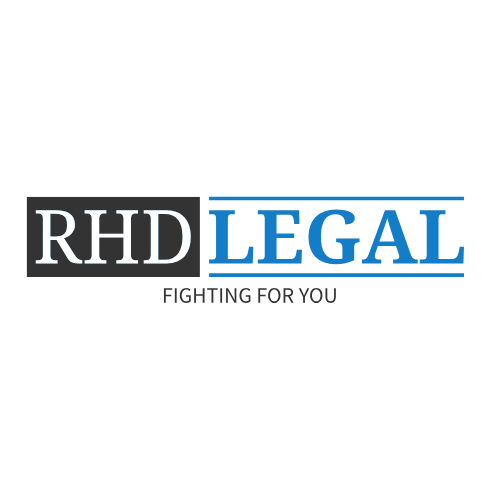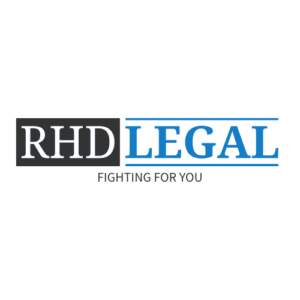
Slip and fall accidents are common, especially in places like grocery stores, restaurants, and other businesses. In North Carolina, property owners have a duty to maintain reasonably safe premises for visitors. However, when a wet floor sign is present, the dynamics of a slip-and-fall case can change significantly. Our Raleigh North Carolina Personal Injury attorneys have vast experience in dealing with the complexities of a case when a wet floor sign is present. Call us today to speak to one of our Raleigh Attorneys today – (919) 246-4001
Understanding Premises Liability in North Carolina
North Carolina operates under contributory negligence laws, meaning that if the injured party is found even slightly at fault for the accident, they may be barred from recovering any compensation. This makes it especially important to carefully assess all factors in a slip-and-fall case, including the presence of wet floor signs.
The Role of Wet Floor Signs
A wet floor sign is often used by businesses to warn visitors of potential hazards, particularly slippery surfaces. When a wet floor sign is in place, it can affect the injured party’s ability to claim negligence on the part of the property owner or manager. The key question becomes whether the warning provided by the sign was sufficient and whether the injured person took reasonable care to avoid the hazard.
Here are several factors to consider:
- Visibility and Placement of the Wet Floor Sign
- A wet floor sign must be clearly visible and placed in a manner that effectively warns people of the hazard. For example, if a sign is hidden behind a display or placed far from the actual hazard, it may not serve as an adequate warning.
- In cases where the sign is not placed in a high-traffic area or near the spill, a plaintiff may argue that they were not properly warned.
- Time of Warning and Incident
- If a business places a wet floor sign after a person has already slipped, this will not protect the business from liability. The timing of when the sign was placed is critical.
- Businesses are required to act reasonably and promptly when addressing hazards like wet floors, which includes providing warnings when necessary. If the property owner was aware of the wet floor but did not immediately put up a sign, they may still be held liable.
- Condition of the Floor and Signage
- Even with a wet floor sign in place, property owners must still ensure that they are taking adequate measures to clean up spills or hazards as quickly as possible. If a business leaves a slippery floor in poor condition for an extended period, the presence of a sign may not absolve them of liability.
- Over-reliance on signage can be a problem. If a property owner routinely places wet floor signs without addressing the underlying hazards, this may indicate negligence despite the warnings.
- Personal Awareness and Care
- Since North Carolina follows contributory negligence, if an injured person ignores a clearly visible wet floor sign and slips, the defense may argue that the person failed to exercise reasonable care. If the court agrees, the injured party may lose the ability to recover damages. This is why the behavior of the injured individual is scrutinized as well.
How a Wet Floor Sign Can Impact Your Case
While the presence of a wet floor sign may complicate a slip-and-fall case, it does not automatically mean that the business is free from liability. It’s crucial to consider the overall circumstances—including the placement, visibility, and timing of the sign. Additionally, North Carolina’s contributory negligence law adds another layer of complexity, as even slight fault on the part of the injured party can prevent compensation.
Protecting Your Rights After a Slip and Fall
If you’ve been injured in a slip-and-fall accident, it’s important to document the scene, including the placement of any wet floor signs, and seek legal advice. At RHD Legal, our North Carolina Personal Injury Attorneys can evaluate your case, review any evidence, and help you determine whether the property owner may be liable for your injuries. Don’t let the presence of a wet floor sign stop you from exploring your legal options—reach out today to discuss your case via our online contact form or telephone at (919) 246-4001.



